Retrospective Interview Russia expert Gijs Kessler

On Monday 23 May, we spoke with Russia expert Gijs Kessler, affiliated with the International Institute of Social History in Amsterdam. A specialist in the social and economic history of the Soviet Union and Russia, Kessler lived in Moscow between 2002 and 2016. He recently published his book "Russia: country that wants to be different".
Next Monday, 23 May: Interview with Russia expert Gijs Kessler
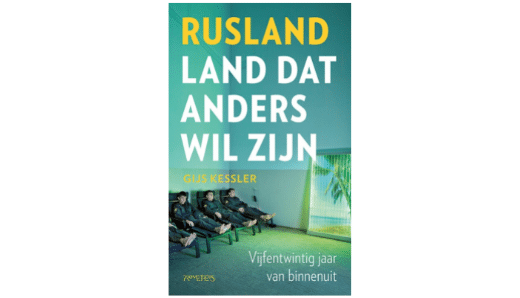
This Monday, 23 May, FMS director Arjen Berkvens will hold an interview with leading Russia expert Gijs Kessler, affiliated to the International Institute of Social History. Very recently, Kessler published his latest work; "Russia - country that wants to be different". Kessler is a specialist on the social and economic history of the Soviet Union and Russia, and lived in Moscow between 2002 and 2016.
Autocratic leaders in Serbia and Hungary record major election victory
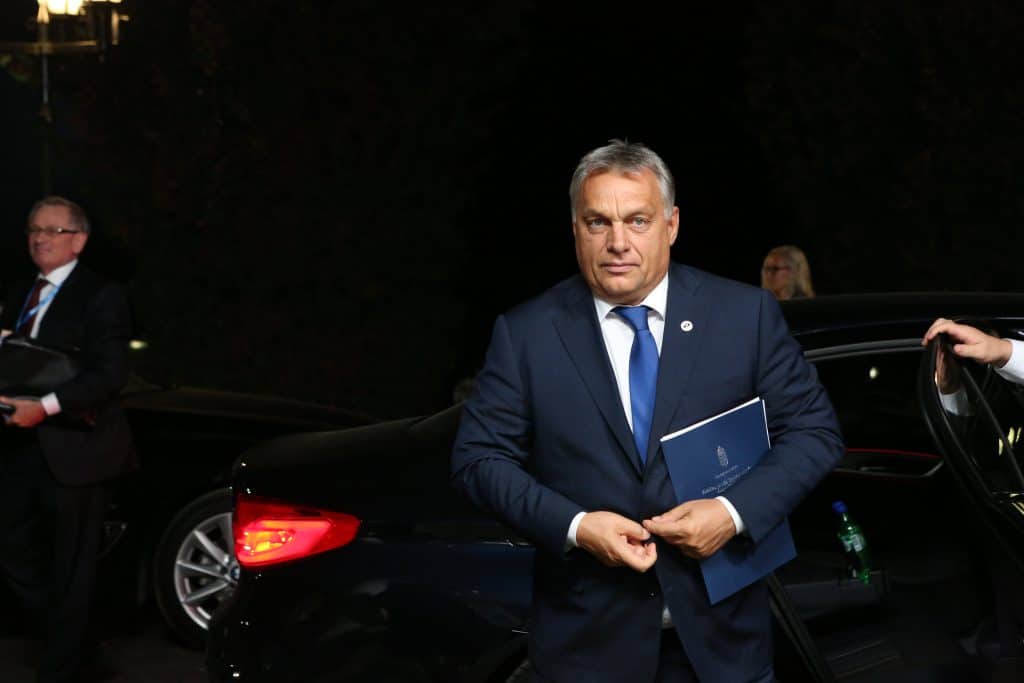
Pro-European, democratic parties in Eastern Europe are suffering a setback after autocratic incumbents in both Hungary and Serbia won major electoral victories. Parliamentary elections were held in both countries on Sunday 3 April. In addition, presidential and local elections also took place in Serbia. The elections were characterised by an uneven playing field between the rulers Orbán (Hungary) and Vučić (Serbia), and the opposition. In both countries, the opposition was united but failed to achieve any successes.
Erdoğan presents controversial electoral law as Turkey diplomatically mediates in Ukraine
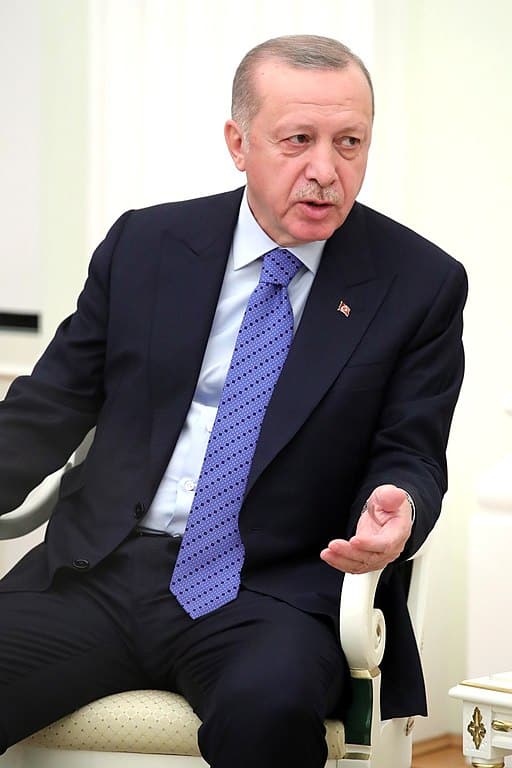
While Turkish diplomacy is in full swing and the country is raising its profile on the geopolitical front, interesting developments are taking place in domestic politics. In the run-up to next year's elections, the Erdoğan government has tabled a controversial electoral law that is likely to be passed. The law favours Erdoğan's AK Party and seems intended to divide the united opposition.
Constitution Belarus amended after referendum, fear of further integration with Russia grows
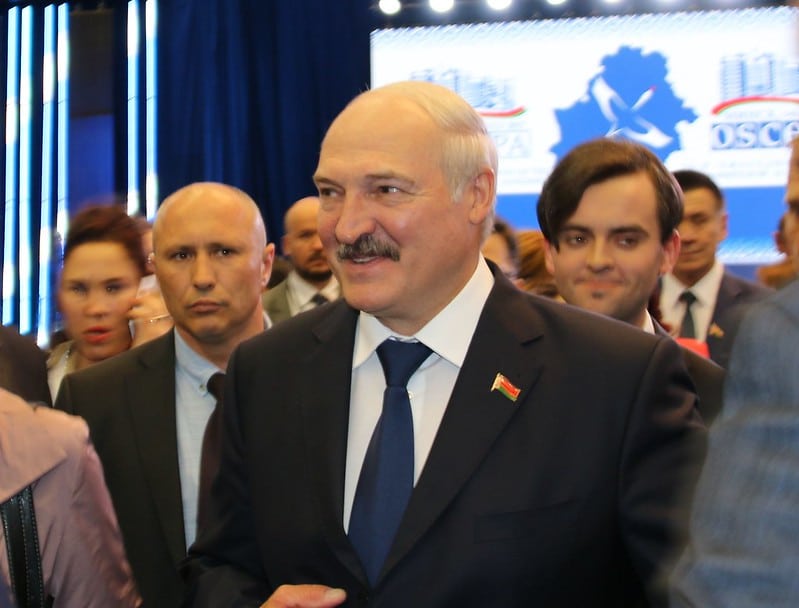
A controversial amendment to the constitution was passed in a referendum in Belarus last Sunday. The amendments give President Lukashenko far-reaching powers to remain in power until 2035. Another clause that deletes Belarus as a neutral, non-nuclear power is also controversial. It heightens fears that Belarus will be further integrated into Russia.
Will sanctions deter Putin?
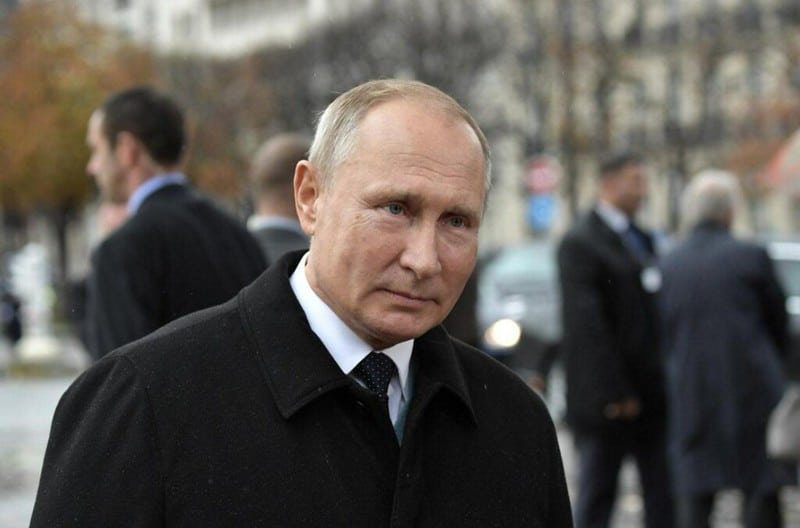
The world is watching Putin tensely as he announces Russian recognition of the republics of Luhansk and Donetsk. An orchestrated security meeting in Moscow and rancorous speech by the Russian president usher in a new low point between Russia, Ukraine and the West. Will Western sanctions be enough to deter Putin from further violations of Ukrainian sovereignty? - This article follows in English -
DONBAS - torn between Ukraine and Russia
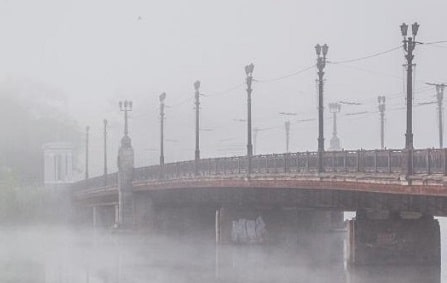
The People's Republics of Donetsk and Lugansk emerged in 2014 as unrecognised pro-Russian secession from Ukraine.
North Macedonia with Thijs Reuten
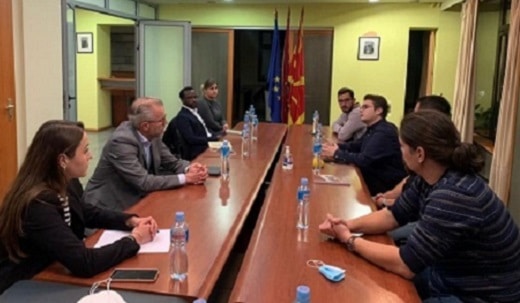
North Macedonia with Thijs Reuten
On Sunday 31 October, the FMS travelled with Thijs Reuten, MEP (PvdA) to northern Macedonia for a three-day working visit to various civil society organisations, students, our sister party, other parties and political foundations. This trip took place at a politically turbulent moment: Zoran Zaev had resigned as prime minister because his party had lost the local elections. With this working visit, we wanted, among other things, to show our solidarity and demonstrate that northern Macedonia and the rest of the Western Balkans are not alone. Indeed, Thijs Reuten is in the European Parliament dealing with the Western Balkans, asylum and migration, human rights and rule of law and the community of values within the European Union.
New Romanian government after struggle for power

A new coalition government appears to have been clinched in Romania. The smaller, progressive coalition partner disappears and a large, conservative partner comes to rule with the Liberals. This new coalition emerges after six months of power struggles within the Liberal Party (PNL).
Fighting for our democratic values
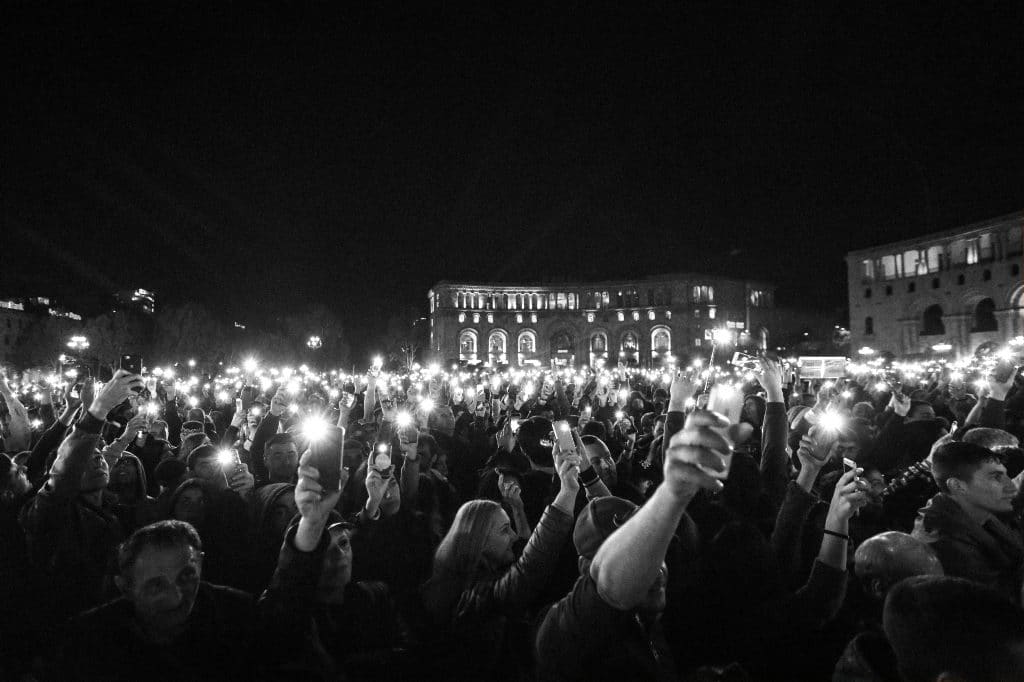
In the summer of 1988, as a 19-year-old history student, I visited Berlin. The wall divided the city and in my mind there was only room for the East-West world, in which we lived.

